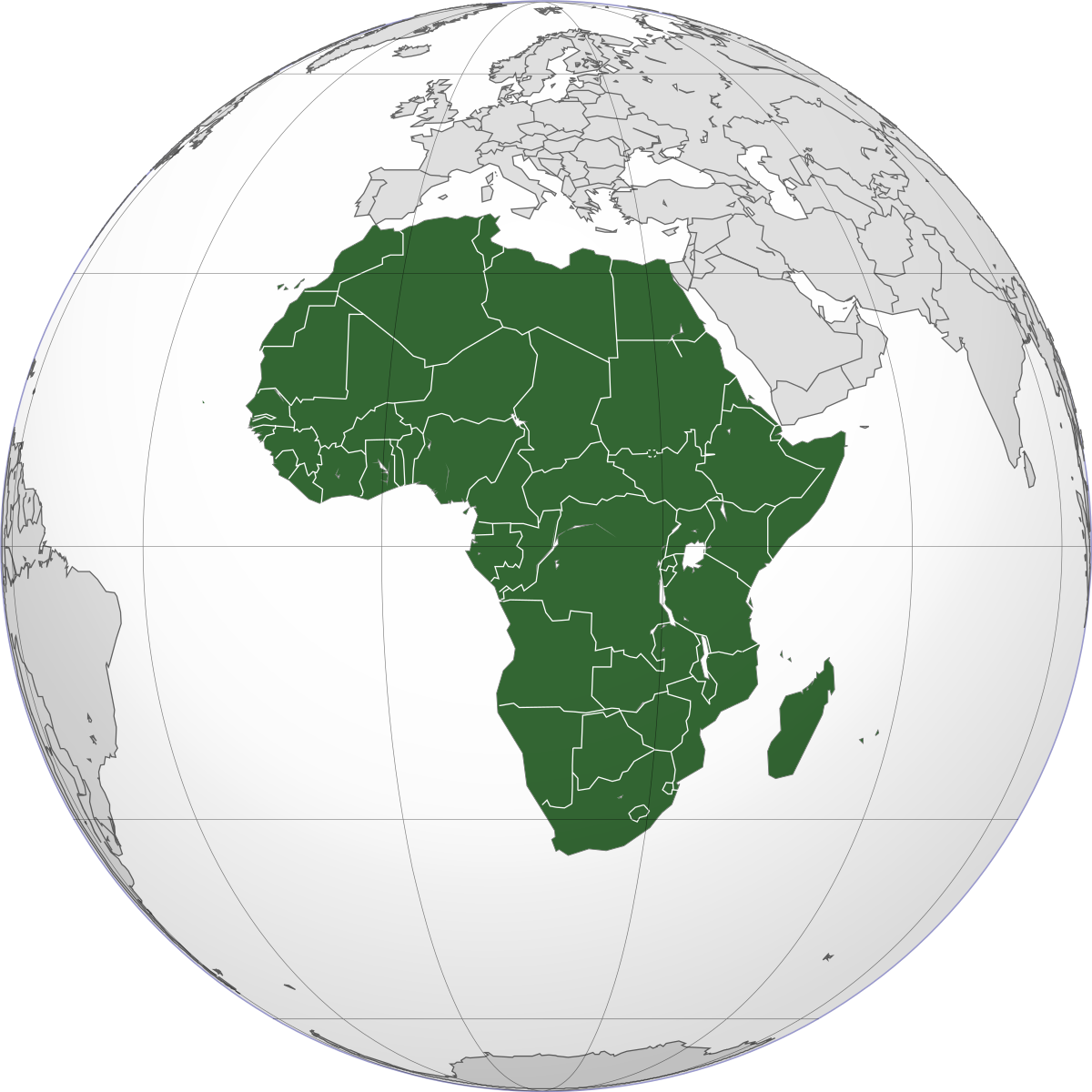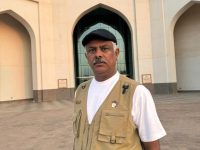It is the story of one war followed by another war. Yes, it is the…

I Admit I Don’t Know Africa
I have to admit that I don’t know Africa. My concept of it dates back to colonial and post-colonial literature, from Karen Blixen to Ernest Hemingway and Nadine Gordimer. Great writers – including two Nobel Prize winners – who wrote evocative and fascinating novels. But they wrote about Africa through the eyes of the Western world. Eyes that were from a completely different world, affecting their vision and interposing its cultural filters. Reality always has the appearance of ever-changing authenticity when it portrays the train of thought that our minds untangle. Strengthened by knowledge and memory, a learned mentality gives us a personal and slanted version of the world, not its innocent, ontological material essence. The truth is mutated and fatally becomes an object with blurry contours that continuously escape definition.
We smile as we read the instructions the Kenyan writer, Binyavanga Wainaina, gives future writers about Africa:
Readers will be put off if you don’t mention the light in Africa. And sunsets, the African sunset is a must. It is always big and red. There is always a big sky. Wide empty spaces and game are critical—Africa is the Land of Wide Empty Spaces. When writing about the plight of flora and fauna, make sure you mention that Africa is overpopulated. When your main character is in a desert or jungle living with indigenous peoples (anybody short) it is okay to mention that Africa has been severely depopulated by AIDS and WAR (use caps).
(Binyavanga Wainaina, How to Write about Africa, Granta 92, 2005).
Are we in any position to use different criteria to write about Africa? Can we see it through candid eyes, free of prejudice, albeit benevolent? And above all, can we write about it without making concessions to our cultural conformism that is nourished by its assumption of superiority?
The result is the conviction that the problems in Africa can be solved by exporting our political, economic and social models. Thanks to their goodness, we persuade populations with completely different ethnic traditions that belong to a completely different, if not incompatible, cultural dimension to follow them. Even though our behavior is advocated with the best intentions in mind – perhaps in facing tragic situations – the principle remains invariably the same: the presumption that it is up to us to decide the best solutions for others. To then be surprised when it doesn’t work, as often happens.
Similar results can be found in futile donations. Acts of generosity that, in the absence of a project to resolve the root of the problem at hand, they are only self-satisfying deeds to those who donate and therefore feel entitled to forget.
We are used to newscasts reporting about the continuous arrival of migrants from Africa. They arrive on our coasts searching for a better life. People whose culture, language, mentality and traditions we know nothing about. Our, I include everyone, gut reaction is suspicion, if not outright fear. Or perhaps pity, as we try to imagine all the suffering they have been through. Feelings that are reciprocated by any number of behavior that nurtures social unease. The lack of knowledge is reciprocal. People who leave their countries of origin to reach Europe don’t always have full knowledge of the way of life here and the conditions they have to undergo to integrate within the social sphere. Their source of information is generic, accessible to everyone – from Internet to social networks, from newspapers to television – but not very reliable without added information. There’s a difference between a country advertised as a place with opportunities of various nature and a country where life is lived on a daily basis.
It is a gap that should be bridged at its origin if the hope is to ensure that everything flows nicely on the shores of the Mediterranean and that Africa is no longer a cause for concern on the borders of Italy and Europe.
A solid project of cultural networking run by African countries through diplomatic representatives from abroad, institutions, schools and universities, businesses, the appropriate local authorities, and organizations working in Africa is certainly a good start towards a process that encourages open-minded meetings and discussions, not imposed by emergency situations but rather entrusted to the intelligence and will of people.
A project that enables youths and adults to get to know each other and experience aspects of lives that are different from their own, evaluate their respective conditions, and appreciate the qualities that each of them have. It would contribute to eliminating the most insidious barriers to knock down; the psychological ones. Bearing in mind that curiosity is the key to battling fear and that it is likely to disappear as soon as this primordial instinct – that led humankind to reach the achievements it as arrived at – prevails and exercises its drive.
Planning a schedule of training and apprenticeship programs that includes initiatives by various public and private players – that follow technical and cultural training courses given in their respective countries and then offered in their destination countries – as an exchange program between Italy and Africa is a further way to enable people to get to know each other in the best way possible. Working together and sharing the same life for a period of time. Establishing a personal portfolio with international credit founded on accrued training experience that constitutes a stable laissez-passer for future professional career choices and employment in their own or other countries.
A sort of Erasmus student, jobs, trades, and productive activities exchange program for Africa – addressing youths and adults to suit different areas, issues, categories and targets – that acts as a window from which two culturally different worlds can look out of to see each other, get to know each other and choose life paths and projects acceptable to both in a responsible way, without clashing. In addition, the knowledge of the conditions of the way of life and civil codes in force that they must comply with during the period of their short- or long-term stay.
Public and private players and approved associations able to effectively meet the needs for supply and demand can participate in the project. As long as the initiatives have substance and don’t end up being simply formal acts.
It would be a collaboration that, naturally, leads to opening legal transit routes from one side to the other for those who make a justified request and have all the requirements. It would also be, to a considerable extent, a way to turn an epochal phenomenon, and in many ways tragic, into a project of location and relocation integrated with the development projects underway in each country, and a boost for the rights to safety and the protection of human rights that are currently the most pressing issues.



